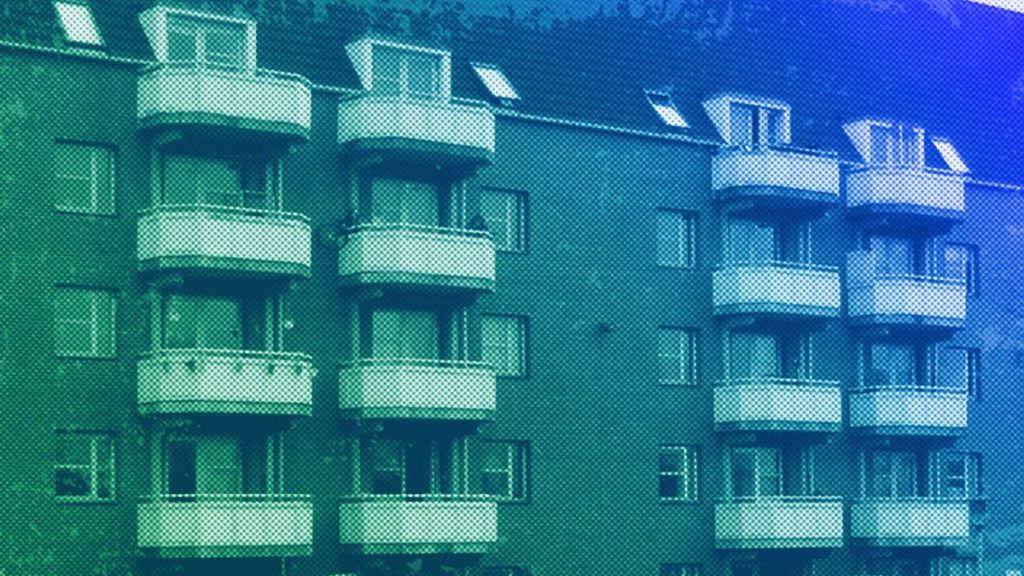In the article, author Majken Felle discusses the discriminatory policies targeting low-income, largely minority neighborhoods like Mjølnerparken in Denmark. The government designated these areas as “ghettos” based on various metrics, leading to laws that could result in the sale, redevelopment, or demolition of people’s homes in these neighborhoods. Residents of Mjølnerparken have organized and are challenging these laws, with their case set to be heard by the EU’s Court of Justice (CJEU) to determine if the “Ghetto Package” is unlawful under EU law and the European Convention on Human Rights.
Felle describes Mjølnerparken as a community diverse in age, culture, and background, where residents speak a common language – Danish. Despite the government and media painting the neighborhood as a threat to Danish society, residents have built a welcoming and hardworking community. Felle shares examples of mutual assistance among neighbors, highlighting the positive aspects of their community. The area was even recognized as the “world’s coolest neighborhood” in 2022, contradicting the negative portrayal it has received from authorities and the media.
The author addresses the ongoing smear campaign against Mjølnerparken and similar communities, emphasizing that these are not isolated “no-go areas” but vibrant parts of Danish society. The community is made up of individuals working in various professions and industries, from butchers and dental assistants to lawyers and doctors. Felle argues that societal issues cannot be solved by eradicating neighborhoods and displacing residents, emphasizing that unjust treatment of communities like Mjølnerparken can have far-reaching implications and negatively impact individuals’ lives.
Despite the challenges and pressure faced by residents navigating the Danish legal system and the impact of discriminatory laws, Felle emphasizes the importance of speaking out and fighting for justice. The author expresses love for the neighborhood and a sense of obligation to stand up against unjust treatment, even if the outcome of their case is uncertain. Felle believes that a favorable ruling from the CJEU would not only benefit Mjølnerparken but also have broader implications for similar neighborhoods across Denmark facing similar discriminatory policies.
The article highlights the observations of several UN human rights experts who have pointed out that the legislation specifically affects Muslims and non-white populations. The Danish government has attempted to reframe the narrative by using the term “parallel societies” instead of “ghettos,” but the author argues that it is the government’s discriminatory actions that are damaging Denmark’s social fabric. Felle hopes that with the CJEU hearing, more people will become aware of the situation in Mjølnerparken and similar neighborhoods, leading to the repeal of harmful policies and preventing their spread across Europe. The author encourages individuals to share their views and be part of the conversation surrounding this important issue.













